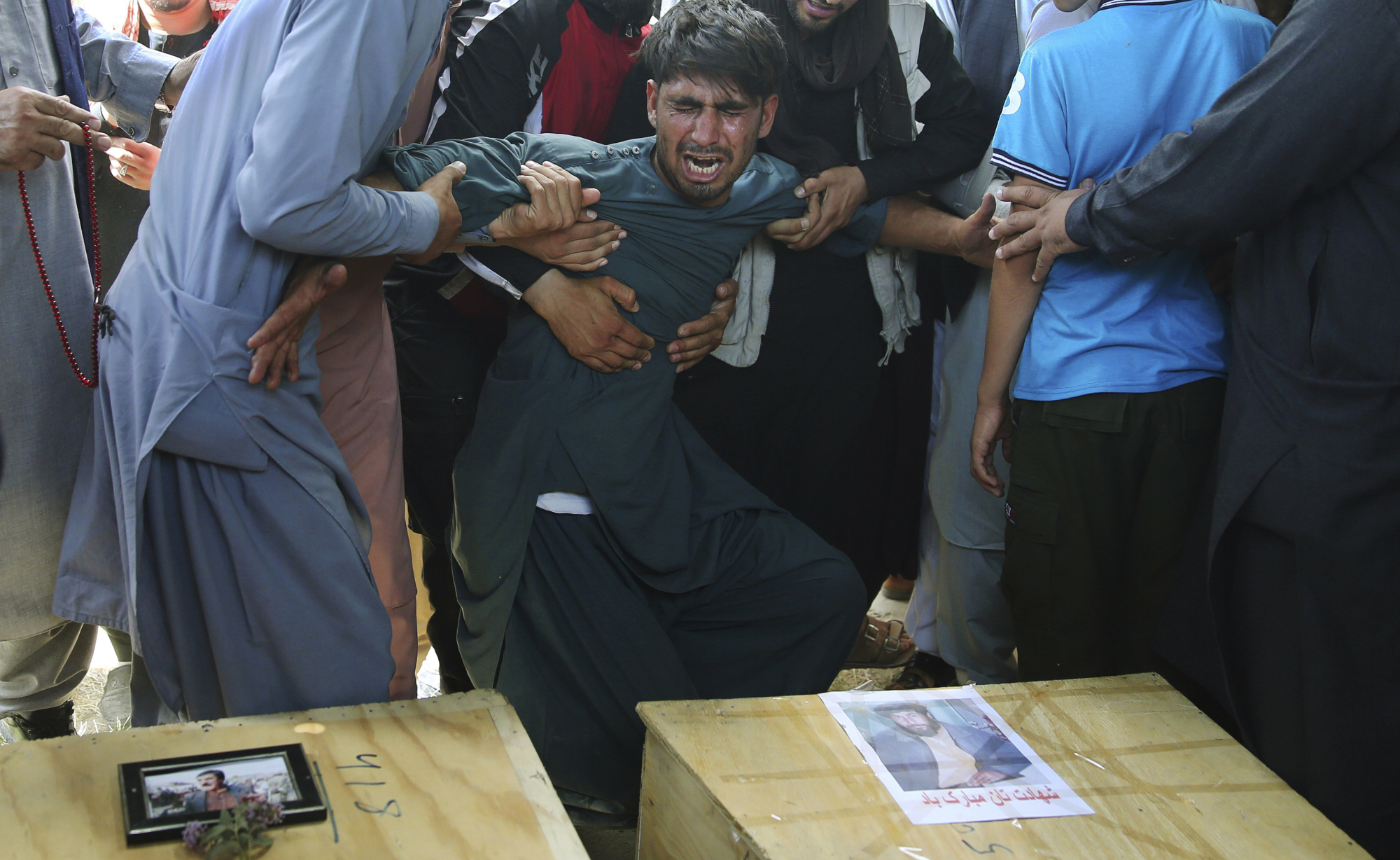Despite ongoing peace negotiations between the United States and the Taliban, the bloody conflict in Afghanistan continues to take a heavy toll on the country's people. The recent suicide bombing by the Khorasan branch of the Islamic State (IS-K) at a wedding in Kabul, which killed more than 60 and injured close to 200, is a stark reminder of Afghanistan's poor security situation. It also shows that the Taliban are not the only armed opposition fueling the conflict. A U.S.-Taliban peace pact is therefore unlikely to bring any respite.
The U.S.-Taliban negotiations in Doha — in which the Afghan government is not a participant — are comparable to two previous peace processes: the Paris talks that resulted in the January 1973 peace treaty between the U.S. and North Vietnam; and the negotiations that led to the 1988 Geneva Accords, signed by the Afghan and Pakistani governments with the Soviet Union and the U.S. acting as guarantors.
These two agreements were designed to enable the U.S. and the Soviet Union to exit with "honor" from wars they could not win, by bringing about, respectively, the "Vietnamization" and "Afghanization" of those conflicts. Both agreements failed to achieve their objectives.


















With your current subscription plan you can comment on stories. However, before writing your first comment, please create a display name in the Profile section of your subscriber account page.